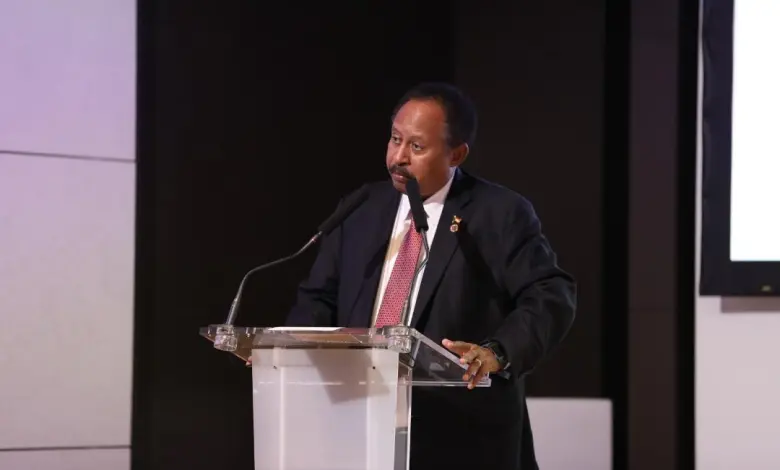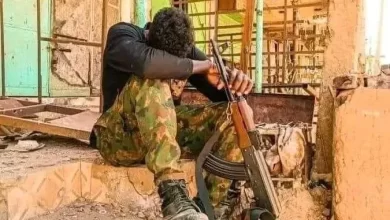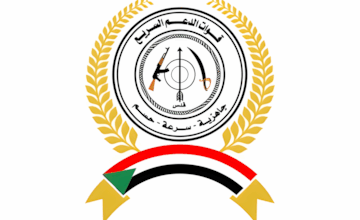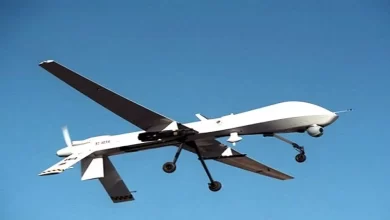Hamdok: Sudan is rapidly heading towards Disintegration

Former Sudanese Prime Minister Dr. Abdullah Hamdok renewed his warnings that Sudan is rapidly heading towards disintegration.
He stated during his address to the Civil Authority for Humanitarian Action meeting that serious and diligent efforts must be made to stop this war and contain the growing tide of hate speech.
Hamdok referred to the terrifying statistics regarding victims of the war, including the casualties, displaced persons and refugees, which are increasing significantly on a daily basis, in addition to the widespread destruction that has affected the country’s infrastructure and capabilities, requiring -in turn- everyone to adopt a serious stance against the ongoing war.
Hamdok called on all Sudanese men and women to uphold the spirit of solidarity and cooperation that manifested during this war, praising the roles played by volunteers of the Takayas, Sufi Orders, in addition to the Sudanese nationals in countries of expatriation; greatly alleviating the suffering of the Sudanese citizens.
The Board of Trustees of the Civil Authority for Humanitarian Action elected, in its meeting today, Tuesday, former Prime Minister Dr. Abdullah Hamdok as Chairman of the Board of Trustees, Hadiya Hasaballah as his deputy, and Dr. Abdullah Idris as Secretary of the Council.
The meeting authorized the Tripartite Commission to select an Executive Director for the Civil Authority, which will soon begin performing duties to help the Sudanese and alleviate the impact of the war.
The Authority aims to push for a principled, comprehensive and coherent humanitarian process capable of adapting to the changing humanitarian reality and the circumstances and traditions of the communities affected by the war.
It aims to put forth efforts to launch advocacy campaigns supporting the continuous access of humanitarian relief through various domestic and international corridors to affected citizens, and to provide means of protecting them as well as humanitarian service providers, and mobilizing the necessary resources for the humanitarian process.
In addition to supporting coordination between various international and domestic parties, that include supporting negotiation processes for the delivery and distribution of humanitarian aid, and filling the gap in coordination processes between local humanitarian actors.





